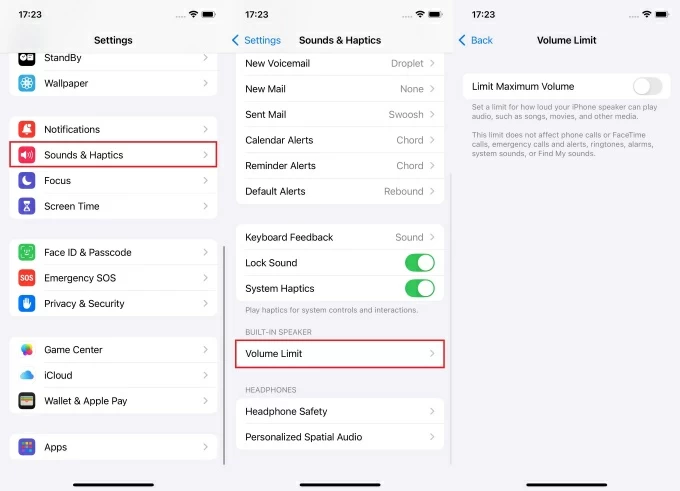Voice isolation is a unique feature designed to minimize background noise and enhance vocal clarity. While this tool is beneficial in noisy environments, sometimes it becomes necessary to turn it off, especially during group conversations or meetings. However, voice isolation only works with phone calls or supported apps and is accessible during a live call.
iOS devices do not have a built-in feature to disable this setting permanently. This guide explains how to turn off voice isolation on your iPhone to enjoy more natural and unfiltered audio experiences.
How to Turn Off Voice Isolation on iPhone
Turning off voice isolation is as straightforward as changing the phone settings, but it depends on the type of call and app you’re using. Whether you’re using a third-party app or on a FaceTime call, the following methods are effective for turning off voice isolation.
During an ongoing call
The only direct way to turn off voice isolation is during a live call using phone calls or supported apps. However, for the mic modes to appear on the control center, iOS 16 or later versions are required.
On iPhone
Step 1- Open the Control Center

- First, make or receive a call using the phone app or FaceTime app on your iPhone or iPad.

- Swipe down from the top right corner of the screen on iPads and iPhones without a Home button to open the Control Center.

- Alternatively, swipe up from the bottom center for iPhone and iPad with a home screen button.
Step 2- Mic Mode

- Tap the “Mic Mode” button next to the phone controls at the top right corner of the control center window.
Step 3- Turn off Voice Isolation
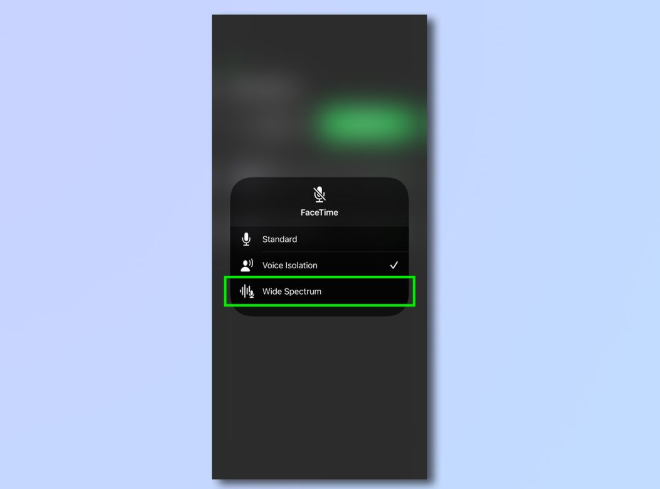
- Select the “Standards” option or “Wide Spectrum” (if supported by the app or device) to turn off voice isolation.
Note: Since voice isolation is turned off during live calls, it deactivates this feature for that specific call and must be reactivated during another call.
On Mac
Step 1- Navigating Control Center
- Ensure your Mac is running on macOS Ventura or macOS Monterey to access and turn off voice isolation.
- Start or join an audio or video FaceTime call

- Tap the “Control Center” icon at the top of the menu bar

- Alternatively, click the “Video” or “Audio” call icon in the menu
Step 2- Mic Mode
- Then click the “Mic Mode” button next to the video effects
Step 3- Disable Voice Isolation

- Choose the “Standard” option from the pop-up list, and it will turn off voice isolation.
Note: Depending on the compatibility and iOS version, the “Automatic” option may appear in Mic Mode. Choosing Automatic Mic Mode will automatically switch between available mic modes depending on your call setup and the surrounding environment.
For third-party apps
Enabling voice isolation on third-party apps, such as Zoom or WhatsApp, depends on whether they support Apple’s Mic Mode feature.
Step 1- Control Center
- Start an audio or video call in the third-party app
- Open the control center by swiping down from the top right corner of your iPhone
Step 2- Choose Standard Mode
- Tap the “Mic Mode” option next to the video effects
- Select the “Standard” option as the default setting from the available list
Within the App
Apart from Apple’s mic mode settings, many compatible third-party apps, such as Zoom, offer their voice isolation features. So, to turn off or reduce Zoom’s internal voice filtering, follow these steps:
Step 1- Access Settings
- Go to the Zoom app on your iPhone and sign in to your account

- Tap the “More” options represented by the three vertical dots in the bottom right corner of the screen
- Then select the “Settings” button
Step 2- Navigate to Audio Settings
- Tap “Meetings” on older versions and locate the audio setting section
- Alternatively, click “Audio” instead of Meetings to view the voice isolation feature
Step 3- Turn off Noise Reduction

- Look for “Background Noise Reduction” or “Auto Noise Reduction.”
- Click the “Original Sound” option to turn off the voice isolation
Is there a way to permanently disable Voice Isolation on iPhone
Since voice isolation is not a universal setting, users must enable it in every app used for making calls. However, Apple provides a dedicated setting to permanently turn off voice isolation on iPhone 16 or the latest devices.
From Accessibility Settings
While mic mode is available during live calls, there is a dedicated setting to turn off voice isolation for phone calls or FaceTime automatically. It’s available on iPhone 16 or iPhone 16 Pro, and the process to completely turn off voice isolation is outlined below.
Step 1- Accessibility Settings

- Open the “Settings” app on your iPhone

- Navigate and select the “Accessibility” Settings
Step 2- Audio and Visual

- Then scroll down and tap the “Audio & Visual” option
Step 3- Phone Voice Isolation

- Here, you will find “Phone Voice Isolation” or “Add Voice Isolation,” and tap the toggle to turn it off.
Once turned off, it will change the mic mode to its default “Standard” settings, and you can change this during active calls.
However, if you have selected “Automatic” mic mode, the feature will activate depending on the surrounding environment. Therefore, it’s necessary to change it to the default settings to ensure voice isolation is turned off completely.
Note: Voice isolation is a dynamic setting that you can use to toggle on and off.
Troubleshooting common issues
Turning off voice isolation is a straightforward process via the control center during active calls. However, users encounter challenges when this feature becomes unavailable or doesn’t function as expected. Below are the common issues when trying to turn off voice isolation:
Mic Mode does not appear in the Control Center.
Sometimes, during a call, the mic mode button disappears from the control center, preventing access to the voice isolation setting. This issue occurs if the device or iOS version does not support this feature or if the app is incompatible with Mic Mode settings.
Verify that you are using an iPhone X or later model and running iOS 16.2 or a newer version. Additionally, ensure you’re using FaceTime or, if using a third-party app, confirm it supports the Mic Mode adjustments.
Voice Isolation is Unavailable
This issue is particularly prevalent in third-party apps that do not fully support Apple’s Mic Mode settings. Moreover, if the app has noise suppression settings, it will override and block the iPhone’s mic settings. To resolve this issue, ensure the app is compatible and turn off the app’s built-in noise suppression settings.
Voice Isolation Setting Reverts Automatically
Mic Mode settings are available during an active call, and settings remain unchanged for that specific call. Moreover, these settings are app-specific and may revert to their default values when the app is updated or reinstalled. However, if you want to turn off voice isolation, go to Accessibility settings and toggle the switch to turn off this feature permanently.
Conclusion
Turning off voice isolation is crucial when sharing ambient sounds in a group call to capture clear and natural audio input. This guide provides straightforward instructions on how to turn off this feature through the Control Center or Accessibility settings. However, if you face issues turning it off, update the iOS version and check app compatibility. By understanding how voice isolation works, you can ensure that the call quality meets your needs.
FAQs
Does disabling Voice Isolation impact call quality?
Yes, turning off voice isolation affects quality by introducing more background noise. While it blocks ambient sounds, it can also filter out natural sounds, which can lower the overall call quality.
Why can’t I find the “Mic Mode” option when I’m on a phone call?
If you cannot locate “Mic Mode” during a phone call, consider the following:
- Device Compatibility: Mic Mode is available on iPhone X or newer models
- iOS Version: Older versions are incompatible, and ensure your device is running on iOS 16.4
- Access Mic Mode: Swipe down from the top right to access the Mic Mode during an active call
Can I disable Voice Isolation during screen sharing or live streaming?
Yes, you can turn off voice isolation during live streaming. When you are live streaming or screen sharing from your iOS device, swipe down to access the Control Centre, then tap “Mic Mode” to change the mode. Alternatively, for third-party apps like Zoom, during a Zoom meeting, click the small icon or profile picture in the middle and locate the mic mode.
Can turning off Voice Isolation help troubleshoot echo or delay issues during calls?
Voice isolation aims to block background noises, but it might introduce echo by focusing too much on the user’s voice. Moreover, the feature utilizes real-time sound filtering, which may introduce slight audio delays during multitasking. To solve this issue, lower the speaker volume, move the microphone away from the source, and restart your device.
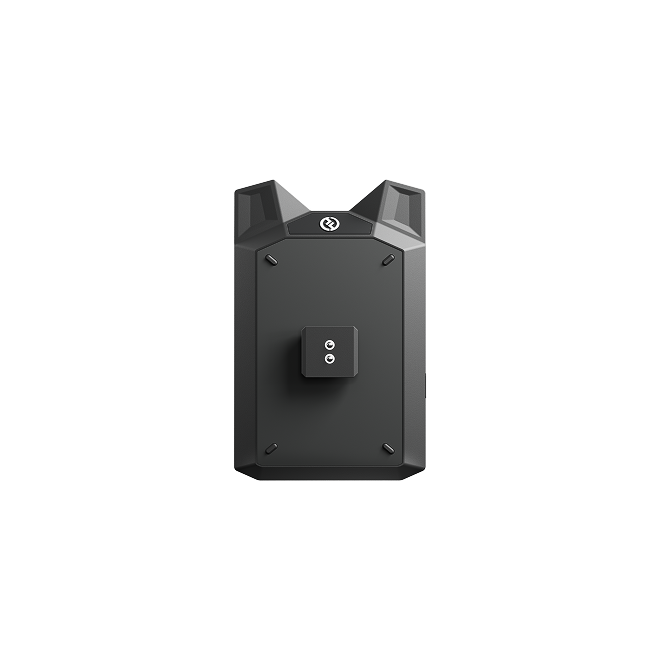

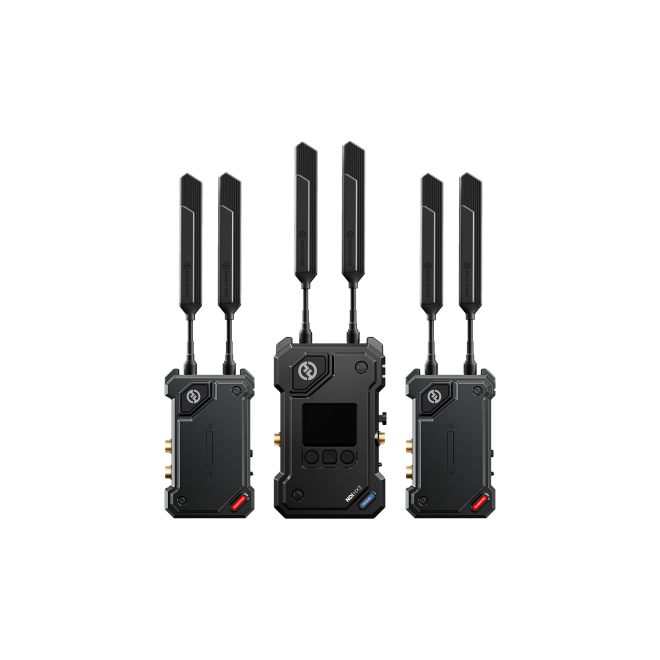
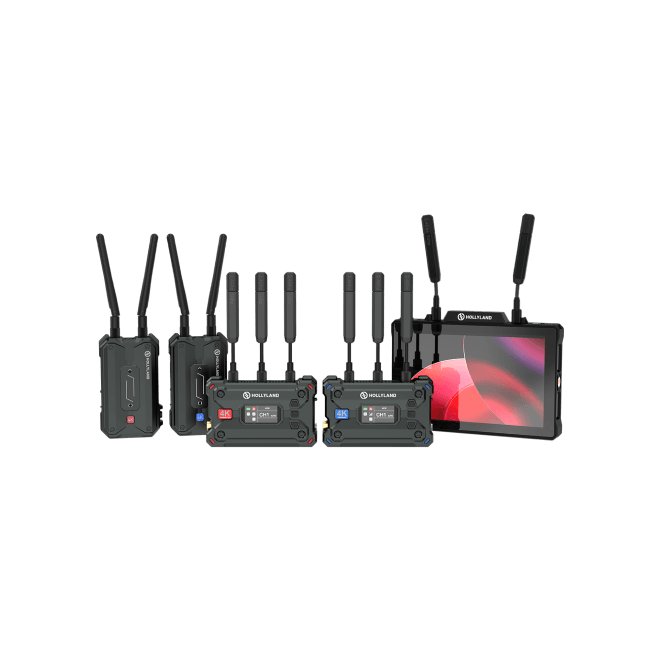
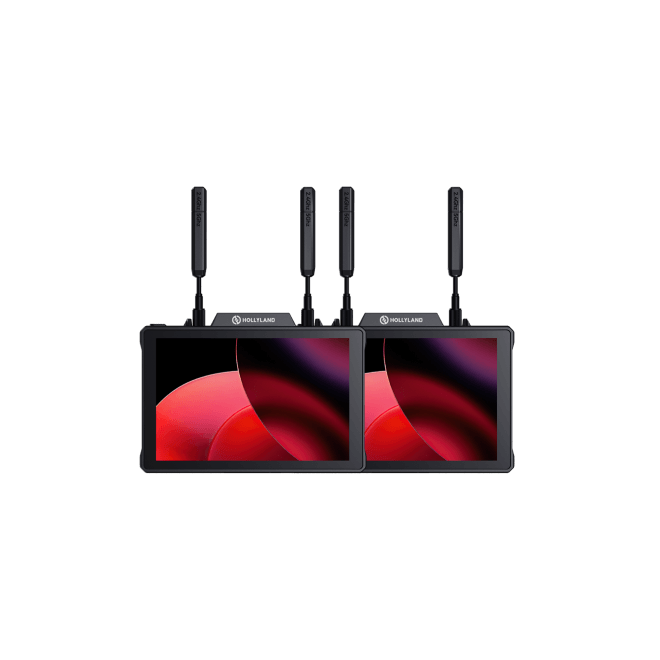
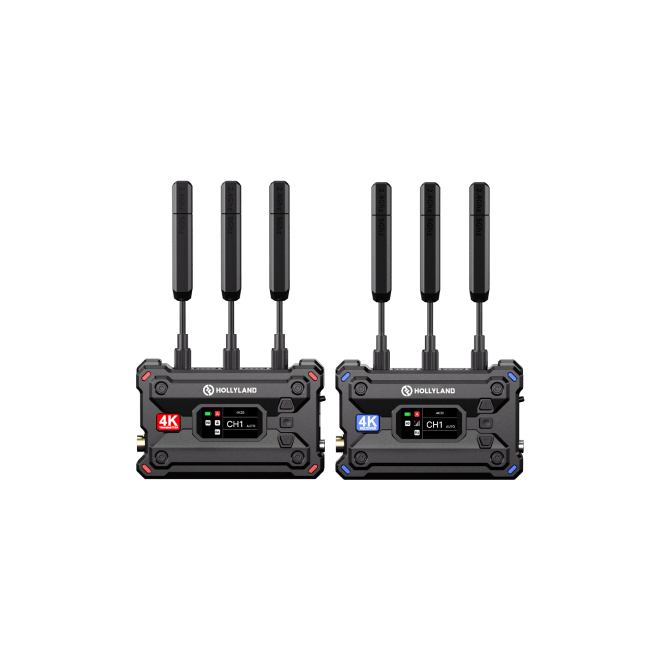
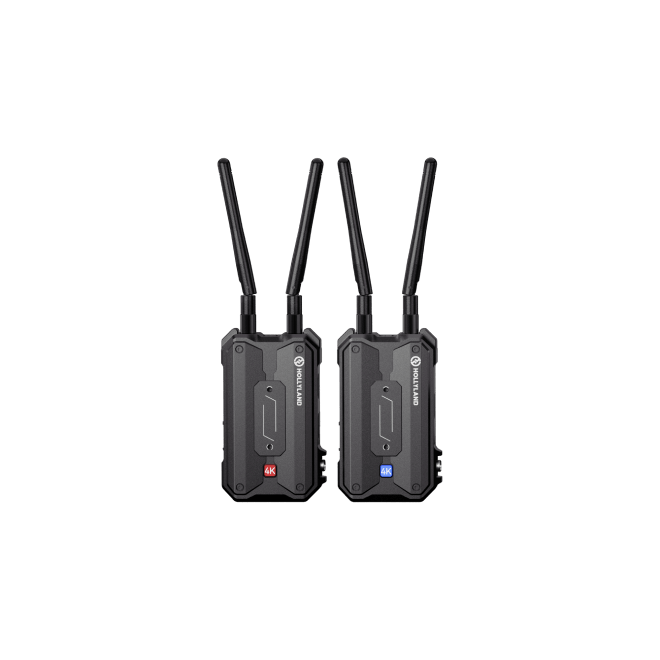
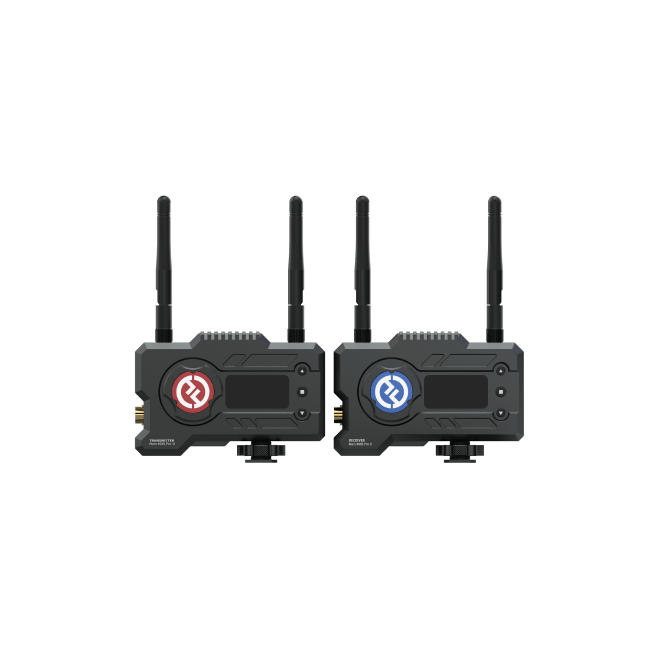


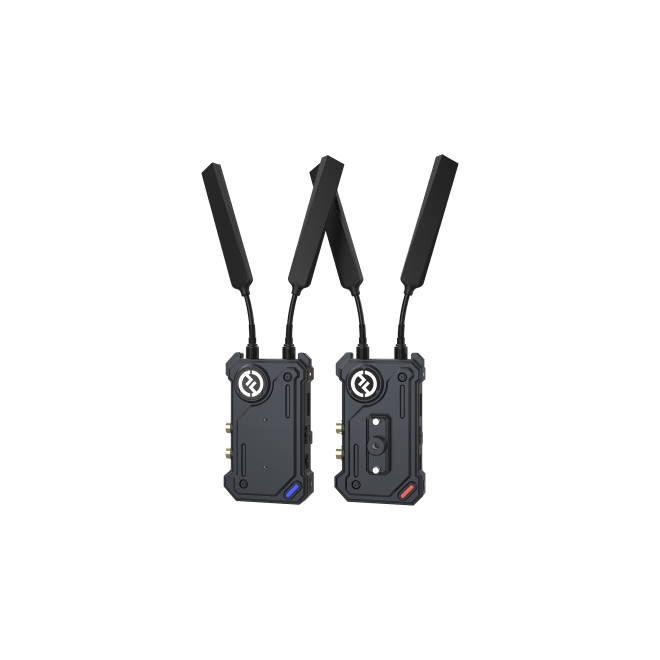
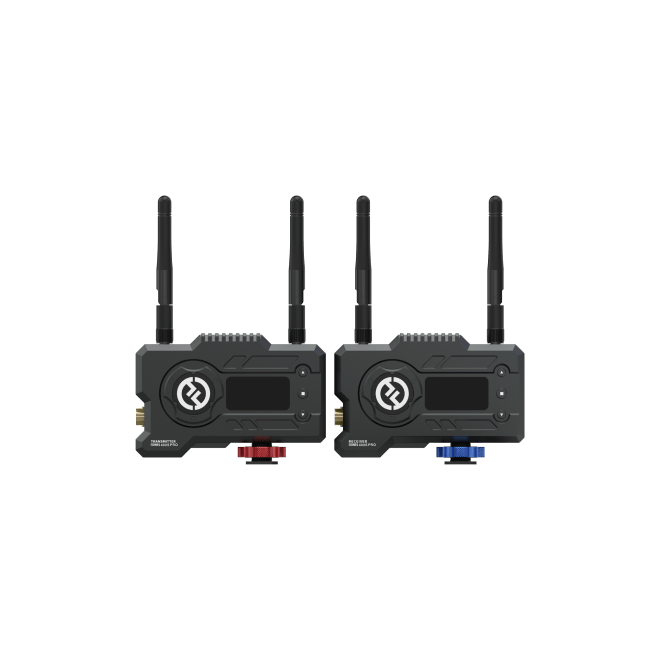
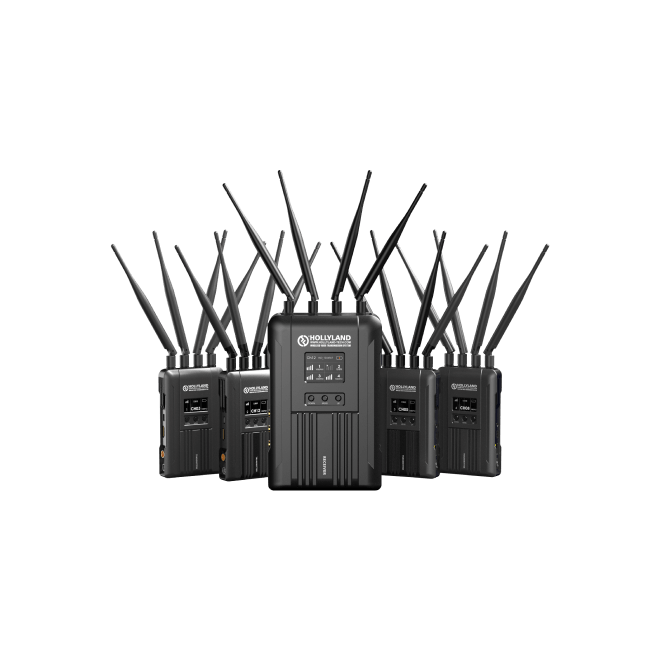
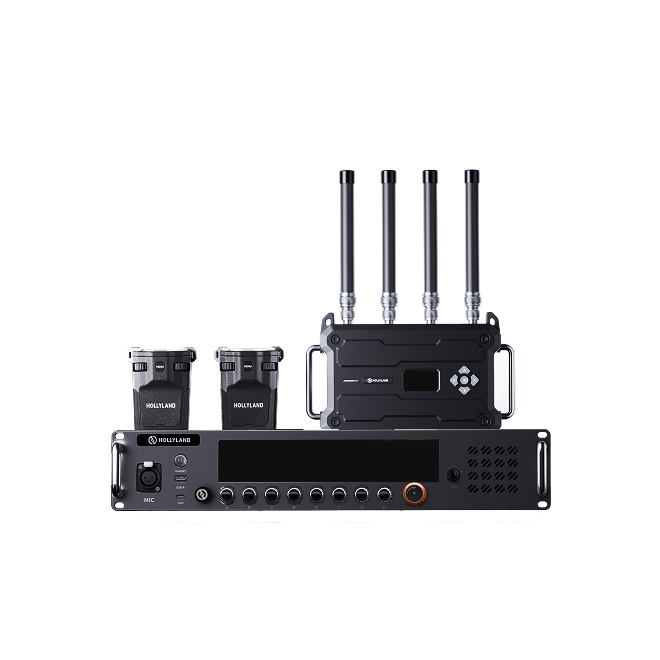

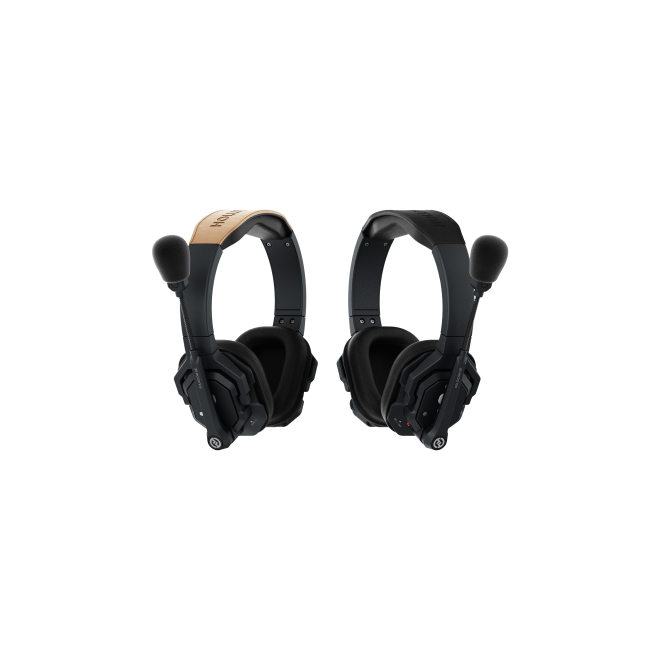

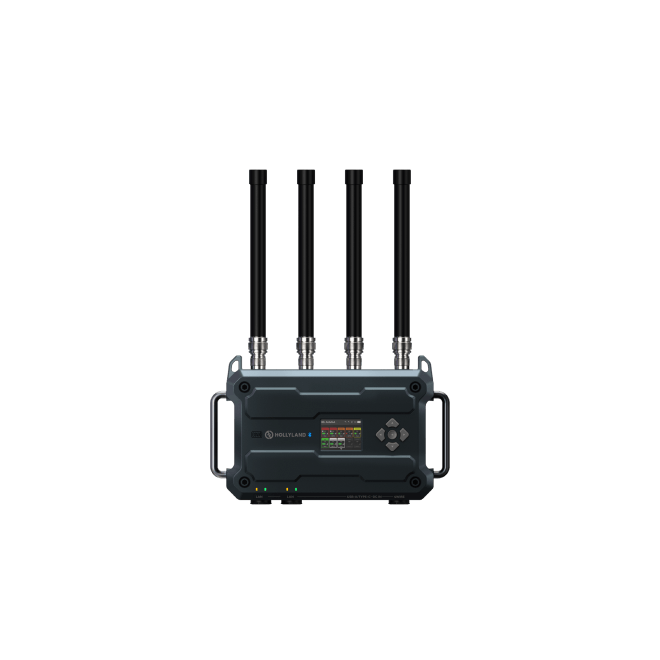
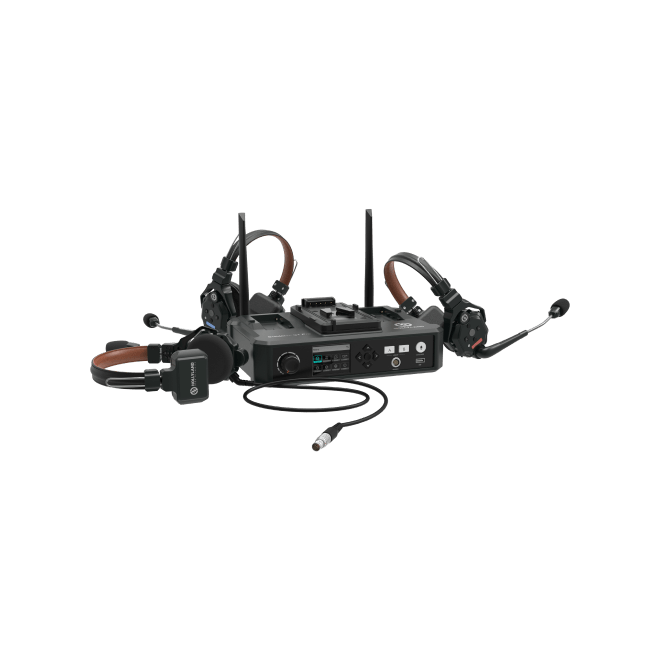
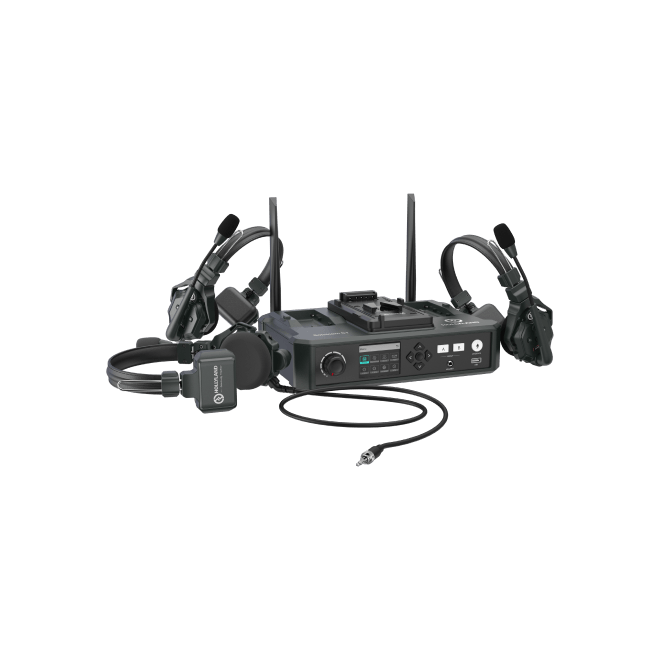

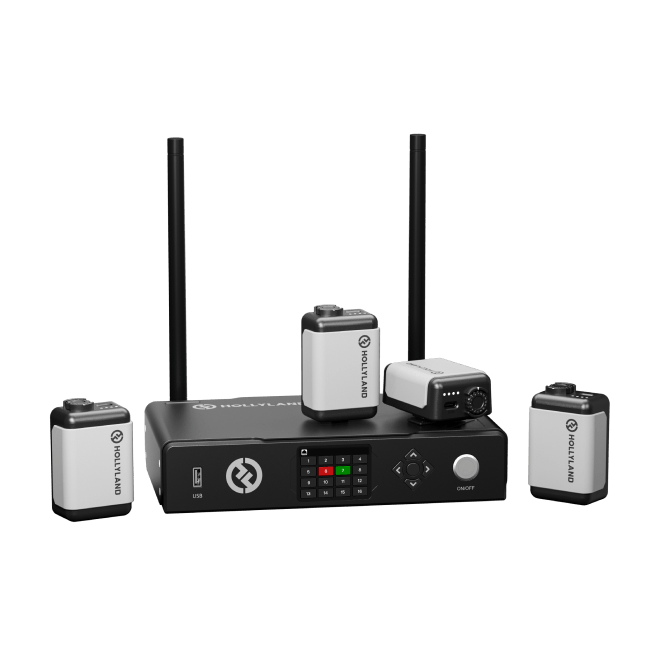

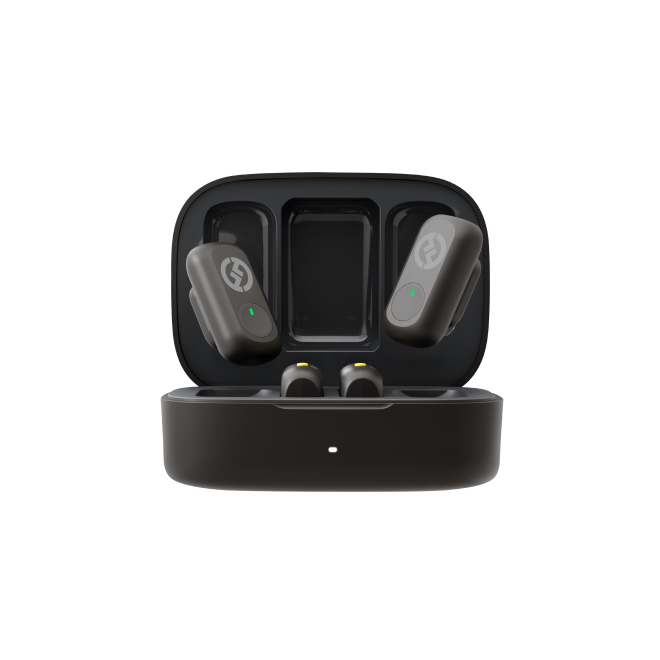

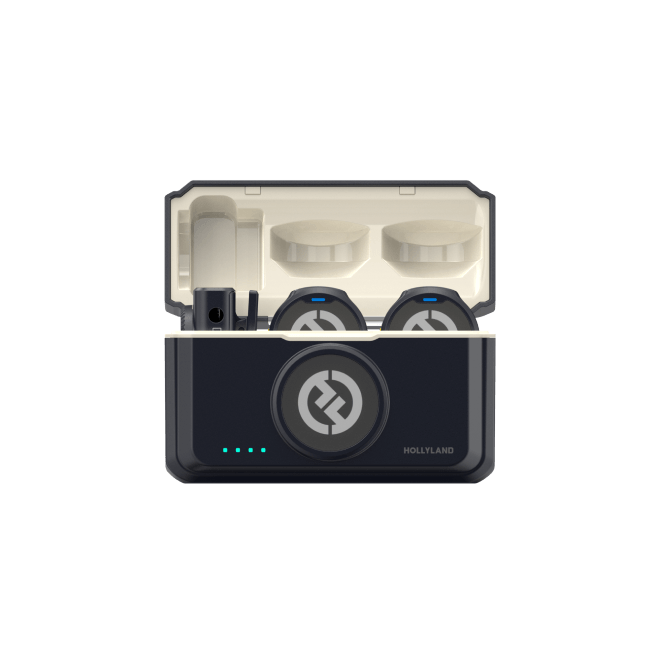

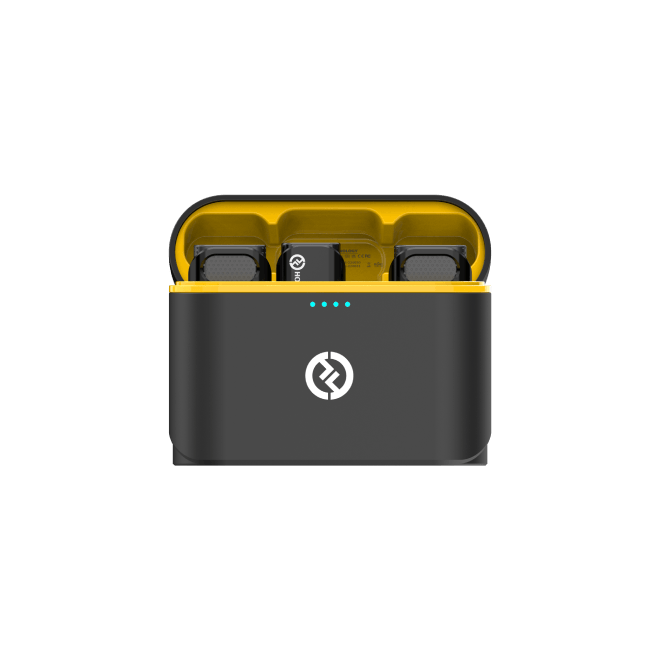

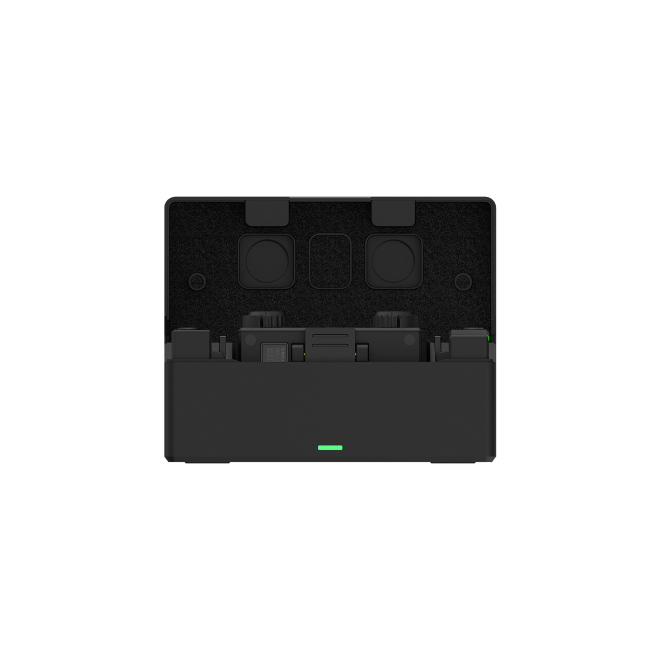



.png)
.png) Français
Français .png) Deutsch
Deutsch .png) Italiano
Italiano .png) 日本語
日本語 .png) Português
Português  Español
Español 



